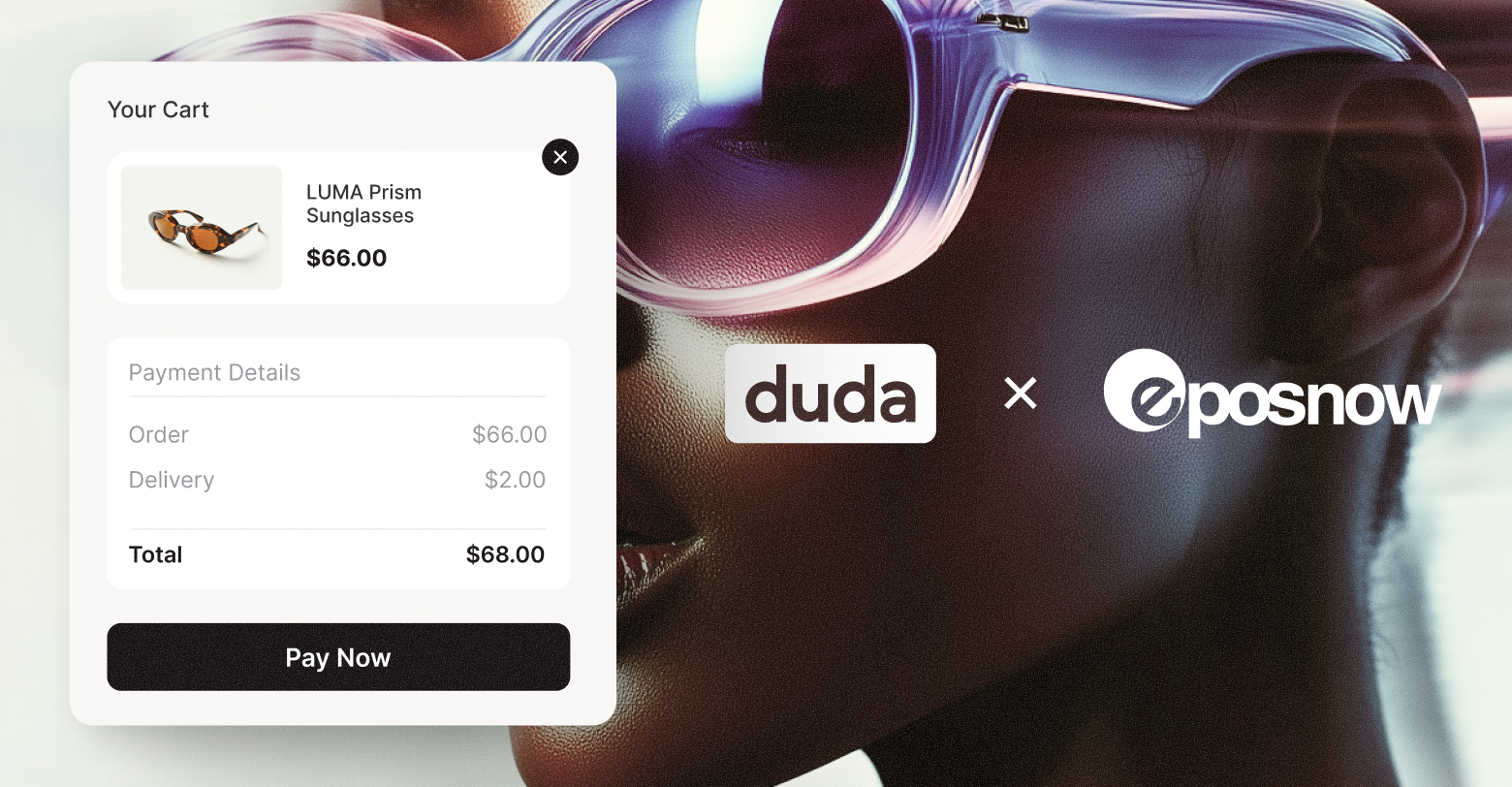In a world where search engines and digital marketing are constantly changing, Semrush, a leading SaaS platform for online visibility management, has continued to stand out by investing in innovation and education for marketers worldwide.
In their latest strategic move, Semrush acquired Third Door Media, the powerhouse behind influential brands like Search Engine Land, Martech, and SMX. This acquisition represents an important update for both companies and the wider marketing community, aiming to improve access to high-quality, actionable insights.
In this exclusive interview, we speak with Semrush’s President, Eugene Levin, to discuss the motivations behind the acquisition, its impact on the SEO industry, and how Semrush aims to empower marketers to stay ahead in an era shaped by AI and emerging technologies.
From the role of educational content to the importance of adapting SEO strategies for AI-driven search engines, Levin offers a compelling look at the future of digital marketing.
The exclusive interview
A few years ago, you were part of a
Duda webinar on Mergers & Acquisitions, where you talked about how Semrush has a strategic approach behind each deal. Could you walk us through the thinking behind acquiring Third Door Media and its brands—Search Engine Land, Martech, Martech Conference, and SMX?
Eugene Levin: We always invested a lot of time and money in educational content. This includes the Semrush blog, our online academy, educational YouTube videos and an expert community. We prioritize these efforts because, as a marketing technology company, our success depends on the success of the marketers who use our software. Marketing is a discipline that constantly evolves.
For example, if you are a carpenter and you started 30 years ago most of the things that you have learned back then are still relevant. While there may be some minor changes, the core materials and tools have remained consistent. Digital marketing is completely different. Whatever you learned 30 years ago is now almost entirely useless. Marketers must constantly adapt, learning new strategies and tactics to thrive in an ever-changing environment.
Our goal is to empower marketers by providing them with relevant, actionable information to advance their careers. When we come across exceptional teams already excelling in this mission, we like to partner with them to share resources and expertise. In some cases, acquisition becomes the most effective way to build and strengthen such partnerships.
How does this acquisition bring value to Semrush customers, Third Door Media’s audience, and marketers overall?
Eugene Levin:
Search Engine Land is a fantastic resource. Years ago, when I was starting out in marketing, I learned a great deal from it. Like many media companies, their ability to invest in content is closely tied to advertising revenue, and recent years have brought significant changes for independent publishers.
Semrush, of course, is not a media company. We don’t rely on advertising revenue, which allows us to invest more resources into editorial content. This means readers can now access more high-quality content for free. With the support of Semrush, the Search Engine Land team can focus entirely on what they do best: helping marketers learn and grow.
With the fast-paced changes in search, like AI-generated results from Google and AI-driven search engines like Perplexity, how can marketers use Semrush to stay ahead of the game?
Eugene Levin:
At Semrush, we know that while AI is bringing exciting changes to search, the fundamentals still matter—relevance and trust drive user choices. Our data from September 2024 reveals that AI-driven platforms like Perplexity and OpenAI, though gaining attention, currently make up only 2.87% of Google’s traffic. This underscores the continued importance of fact-checked, reliable information.
At Semrush, we integrated AI Overviews early into our products, such as Organic Research and
Position Tracking. In 2024, Semrush provides marketers with the tools to track where user attention is shifting and adjust their strategies in real time with
Traffic Analytics and
Market Explorer. Additionally, our AI-powered tools, such as the
SEO Writing Assistant and
ContentShake AI, make it easy for marketers to create optimized, high-impact content that aligns with the latest search trends.
With these extended opportunities, our customers can identify the types of content featured in AI Overviews and learn how to create similar high-performing material. And as the landscape evolves, we remain committed to innovation. If new AI platforms gain meaningful market presence, we’ll explore adding features designed to help marketers optimize their visibility within these emerging systems.
In your opinion, what does the future of SEO and online visibility look like, especially with these new technologies on the rise?
Eugene Levin: Historically, the growing complexity of SEO has driven demand for sophisticated products like Semrush. As the landscape becomes more complex, marketers often face uncertainty about the best strategies and responses. Semrush strives to provide the data and insights they need to make informed decisions.
I believe search is one of the most fundamental ways people interact with information. It’s no surprise that early civilizations built libraries to provide structured and searchable knowledge for those seeking answers. This behavior is deeply ingrained in human nature. The only real question is: what index and interface do people use? And SEO is really just a discipline that people apply to influence an index in order to get a more desirable representation of information in the interface.
Search interfaces have been evolving for decades. From this perspective, the introduction of AI Overviews is just the latest step in a long progression. This is something that SEOs have seen many times before, as the SERP has evolved from the simplicity of 10 blue links to the complexity of dozens of different features.
As indexes grow more sophisticated and new players enter the market, their ultimate goal remains the same: delivering the most relevant and authoritative content to users. For marketers, the key is understanding how to create content that meets these standards, as this is what search engines will prioritize and feature.
The challenge lies in uncovering what search engines define as relevant and authoritative, a task that requires analyzing enormous amounts of data—an impossible feat for most individuals. That’s where tools like Semrush come in. By analyzing billions of searches and URLs, we provide insights that help marketers create content proven to perform well in search. Through these insights, delivered via our products, we empower our customers to succeed in this ever-changing landscape.








